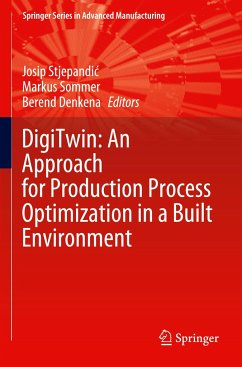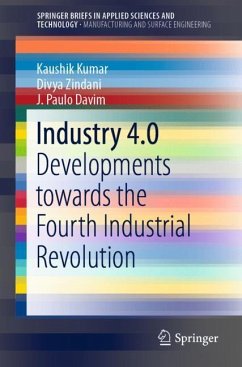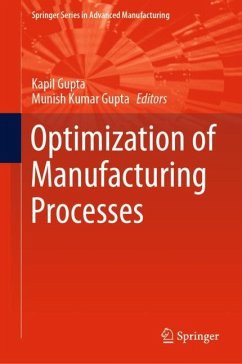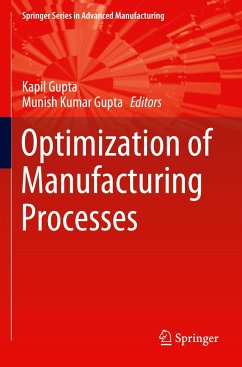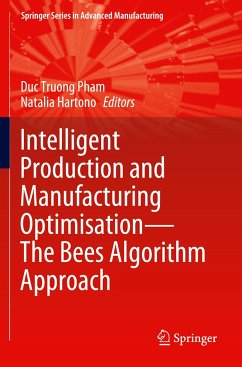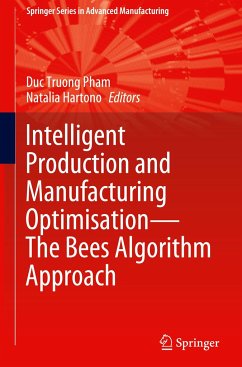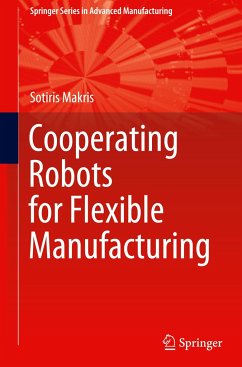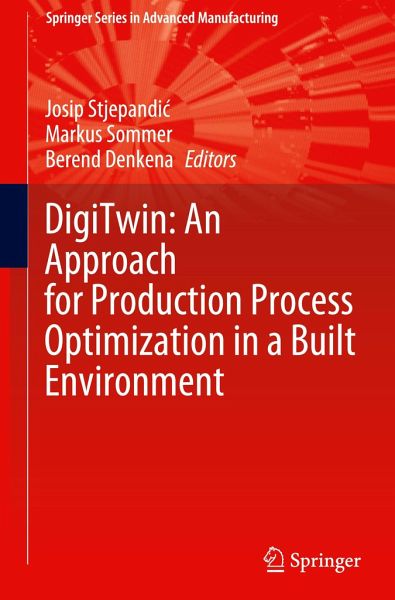
DigiTwin: An Approach for Production Process Optimization in a Built Environment

PAYBACK Punkte
57 °P sammeln!
The focus of this book is an application of Digital Twin as a concept and an approach, based on the most accurate view on a physical production system and its digital representation of complex engineering products and systems. It describes a methodology to create and use Digital Twin in a built environment for the improvement and optimization of factory processes such as factory planning, investment planning, bottleneck analysis, and in-house material transport. The book provides a practical response based on achievements of engineering informatics in solving challenges related to the optimiza...
The focus of this book is an application of Digital Twin as a concept and an approach, based on the most accurate view on a physical production system and its digital representation of complex engineering products and systems. It describes a methodology to create and use Digital Twin in a built environment for the improvement and optimization of factory processes such as factory planning, investment planning, bottleneck analysis, and in-house material transport. The book provides a practical response based on achievements of engineering informatics in solving challenges related to the optimization of factory layout and corresponding processes.
This book introduces the topic, providing a foundation of knowledge on process planning, before discussing the acquisition of objects in a factory and the methods for object recognition. It presents process simulation techniques, explores challenges in process planning, and concludes by looking at future areas of progression. By providinga holistic, trans-disciplinary perspective, this book will showcase Digital Twin technology as state-of-the-art both in research and practice.
This book introduces the topic, providing a foundation of knowledge on process planning, before discussing the acquisition of objects in a factory and the methods for object recognition. It presents process simulation techniques, explores challenges in process planning, and concludes by looking at future areas of progression. By providinga holistic, trans-disciplinary perspective, this book will showcase Digital Twin technology as state-of-the-art both in research and practice.



